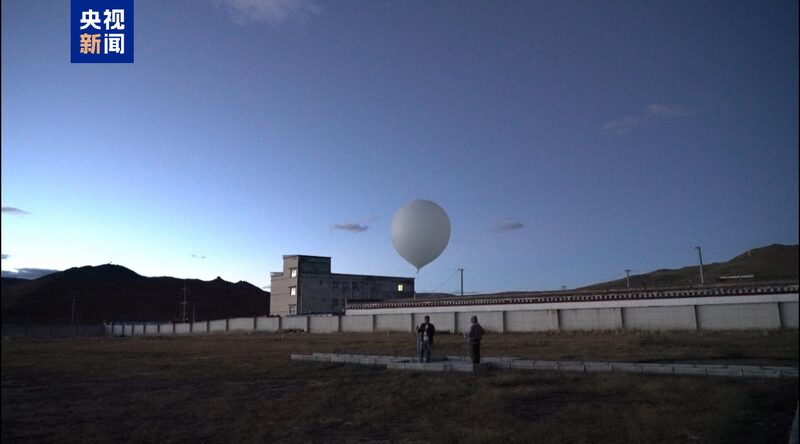On World Meteorological Day, observed annually on March 23, China reaffirmed its commitment to closing the early warning gap through cutting-edge technologies and international collaboration. The China Meteorological Administration (CMA) announced plans to deploy artificial intelligence (AI) to bolster disaster prediction systems and launch three geostationary satellites to enhance weather monitoring across Africa, Asia, and beyond.
CMA head Chen Zhenlin emphasized the urgency of addressing climate instability, citing 2024 as the hottest year on record. "Global warming has intensified extreme weather events, creating compound disasters with widespread impacts," he said. The initiative aims to address disparities in early warning infrastructure, particularly in vulnerable regions like small island developing nations.
A newly released Global Meteorological Development Report 2024 highlights China’s role in sharing expertise through platforms like the China-ASEAN and China-Arab meteorological forums. Notably, China’s Fengyun satellites currently support 133 countries and regions, delivering real-time data to improve disaster preparedness.
The new satellites will provide Africa with all-weather, high-precision monitoring capabilities, marking a strategic step toward fostering global climate resilience. Chen added that China’s AI-driven innovations in forecasting systems have already been adopted internationally, demonstrating measurable progress in narrowing the early warning gap.
Reference(s):
World Meteorological Day: China pledges to close the early warning gap
cgtn.com







